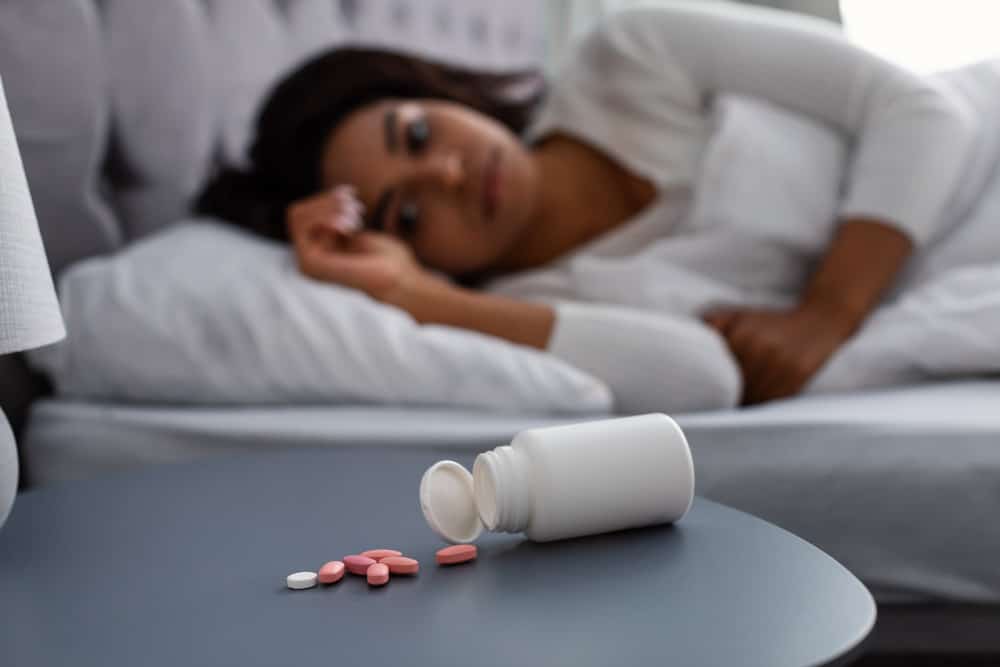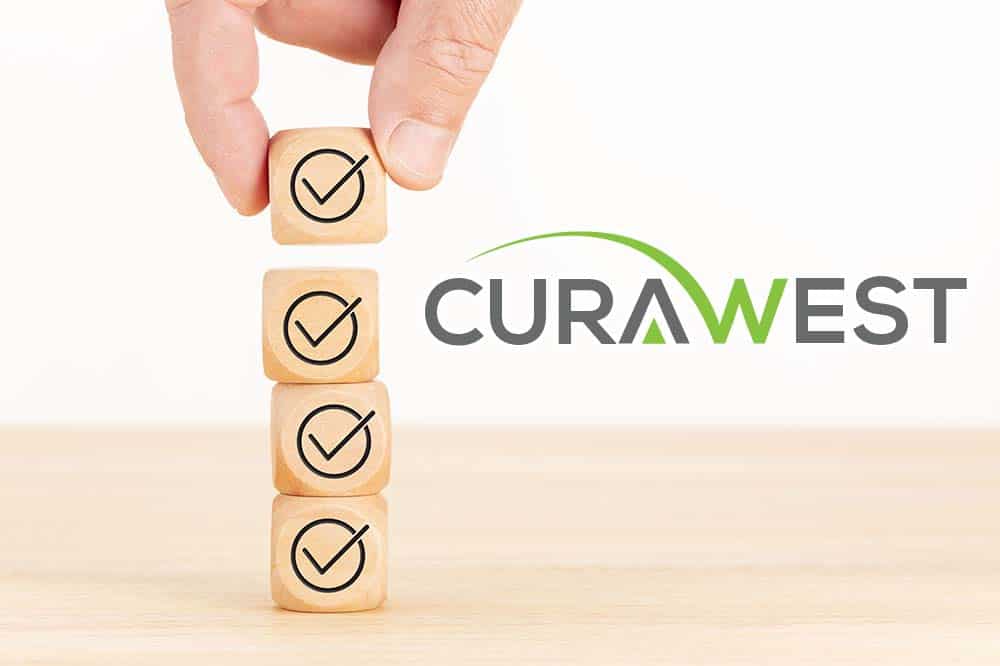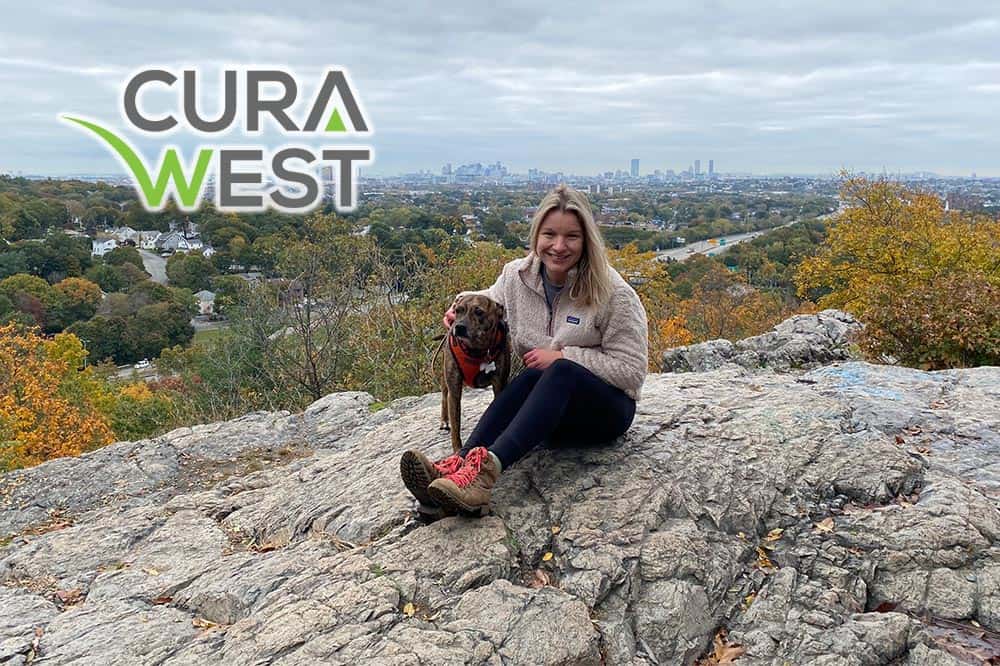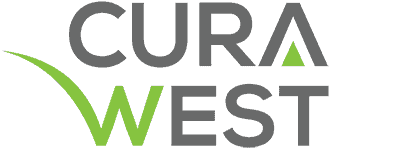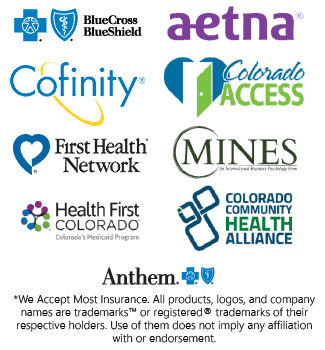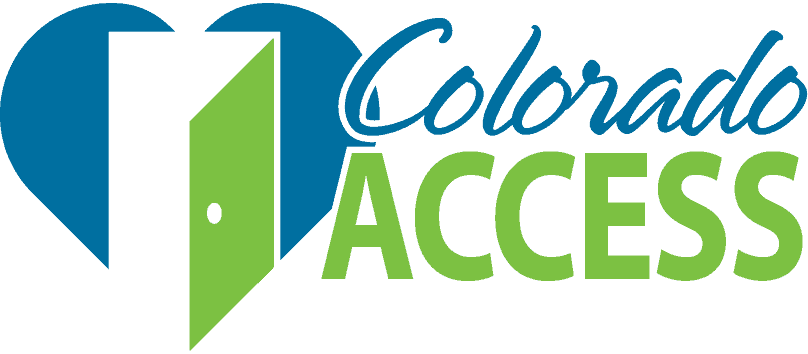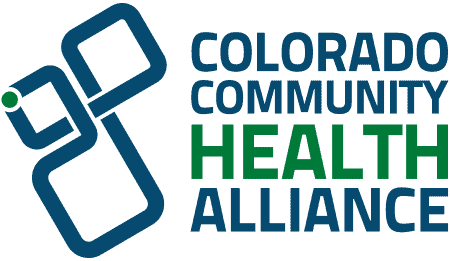Types of Drugs
The National Institute on Drug Abuse lists numerous chemical substances that are especially prone to abuse on their “Commonly Used Drugs Chart.” Alcohol remains the most widely used mood and mind altering substance, closely followed by marijuana. Over the course of the past several years, rates of opiate abuse and addiction have continued to skyrocket, along with rates of benzodiazepine abuse. Hallucinogen abuse has remained somewhat consistent, and the abuse of stimulant drugs like cocaine and methamphetamine has been on the decline over the course of the past several years. Prescription medications – painkillers, stimulants and tranquilizers – are very commonly abused chemical substances. Some of the most commonly abused prescription medications include:
- Prescription painkillers: hydrocodone, oxycodone, codeine, morphine, methadone, fentanyl
- Prescription stimulants: Adderall, ritalin
- Prescription tranquilizers: benzodiazepines, barbiturates, sleep medications like Ambien and Lunesta
The use of heroin has also been on the rise throughout the United States. Sadly, despite the fact that many resources are available to men and women who are suffering at the hands of opiate abuse and dependence, many fail to seek the help they so desperately need before it is too late. According to another study published by the National Institute on Drug Abuse, the rates of heroin-related overdose have been sharply increasing for the past decade. In the year 2018 alone, a reported 67,300 Americans lost their lives to drug-related overdose. This number increased dramatically from the year 2010, when the amount of recorded overdose-related deaths totaled at 38,329. The overdose-related deaths involving opioid narcotics in 2018 were a record 31,355. For several years, opiate abuse and dependence and opiate-related overdose deaths have become major, nationwide health-related concerns. In fact, heroin addiction is now considered a nationwide epidemic.
Drug Abuse and Addiction
The Diagnostic and Statistical Manual for Mental Disorders, Fifth Edition, details a list of criteria that an individual must meet in order to be officially diagnosed with an addictive disorder. These criteria are as follows:
- Taking the drug in larger amounts than originally intended, or taking it for a longer period of time than originally intended.
- Spending an ample amount of time obtaining the drug, using the drug and recovering from the effects of use.
- Attempting to cut back on intake or quit entirely, but being unable to do so for any noteworthy amount of time.
- Uncontrollable cravings and urges to use the drug.
- Suffering severe interpersonal consequences and continuing to use the drug in spite of these problems within relationships.
- Avoiding personal obligations in order to engage in drug abuse.
- Losing interest in hobbies and activities that were previously enjoyed.
- Continuing to use despite professional advice to cut back or quit altogether.
- Engaging in risk-taking activities while intoxicated, like getting behind the wheel of a care while high or engaging in illegal activities in order to support the drug habit.
- Building up a physical tolerance, meaning that a higher dose of the drug will be needed in order for the desired effects to be produced.
- The onset of withdrawal symptoms with abruptly ceased use, which are usually counter-acted by ingesting more of the drug.
If you or someone you know has been suffering at the hands of a drug abuse or dependence disorder, CuraWest is here to help. Our comprehensive drug addiction recovery program was carefully designed with the client in mind – we believe in providing individualized and thorough clinical care.
Our Drugs Detox Services Include
Drug Overdose
The symptoms of overdose will depend on the type of drug that was consumed. Take a look at the most common – and potentially lethal – types of overdose, and what actions you should take if you witness an overdose of any kind.
- Opiate overdose: This type of overdose is among the most instantaneously lethal. If you witness an individual overdosing on heroin or prescription painkillers, the first thing you should do is dial 911. If someone is experiencing an opiate overdose, his or her breathing will become shallow, the lips and fingernails will turn blue and he or she will lose consciousness and not be easily stirred awake. If you have a friend or family member who has been abusing opiates, it is a good idea to get an opioid antagonist like naloxone in case of overdose.
- Stimulant overdose: When someone overdoses on a stimulant drug like methamphetamine or cocaine, he or she will experience an increased heart rate, a spike in blood pressure, profuse sweating, extreme confusion and paranoia and delirium. Again, if you witness someone overdosing on a stimulant drug, the best thing to do is to call emergency first responders immediately. Try to keep the person on his or her side incase of uncontrollable vomiting, which is another potential symptom.
- Benzodiazepine overdose: The effects of this kind of overdose closely resemble an opiate overdose. Breathing slows or stops, the individual loses consciousness, there will be an eventual discoloration of the skin and vomiting or seizures are liable to occur. Again, call 911, and keep the individual on his or her side.
Ready To Begin Your Drugs Detox?
We Offer A Safe & Effective Program
Don’t let Drugs addiction control your life.
Call us today and let’s get you started on the path to a better you.
Drug Addiction Recovery
Experiencing an overdose is often traumatic for all those involved – especially the individual who is overdosing. Many men and women come to us after recently experiencing a life-threatening overdose, fearing that the next time they get high might also be the last. We treat our clients comprehensively, addressing potentially unresolved trauma in daily one-on-one and group therapy sessions. We understand how traumatic drug addiction as a whole can be. Many of our clients are admitted to our facility as they experience the symptoms of withdrawal that occur directly after an overdose takes place. Our exceptional and unmatched level of clinical care effectively treats all symptoms associated with drug withdrawal. For more information on our medical detox program, feel free to give us a call at any point in time.
Begin Healing Now!
Have A Call With One Of Our Treatment Advisors
Don’t Suffer Any Longer
CuraWest and Drug Addiction Recovery
At CuraWest we effectively treat men and women of all ages and walks of life who have been suffering from drug addiction of any type or severity. Differing chemical substances undeniably require different treatment methodologies – for this reason, we offer a comprehensive continuum of care that focuses on commonly abused substances and less commonly abused substances. We treat men and women who have been suffering from alcoholism, opiate addiction, benzodiazepine addiction, stimulant addiction and much more. We also treat those who have been suffering at the hands of polydrug abuse, meaning that they were using more than one chemical substance simultaneously for an extended period of time. Drug addiction recovery is an integrated process; it is about much more than simply identifying and treating the physical symptoms of addiction. In order to effectively heal, emotional and psychological symptoms must be addressed and treated as well. If you have been suffering from a drug addiction of any kind and have been unable to quit on your own, CuraWest is available to help. Our individualized program of recovery begins with an in-depth clinical and medical evaluation, followed by the careful development of a viable and detailed treatment plan. Our goal is to make your stay in our private, homestyle medical detox facility the very first phase on the road to long-term sobriety. If you are interested in learning more or beginning your own personal journey of drug addiction recovery, give us a call today 24/7 at (888) 693-1794 or submit this form online (Click here). Our treatment advisors are standing by to help walk you through our simple and straightforward admissions process.
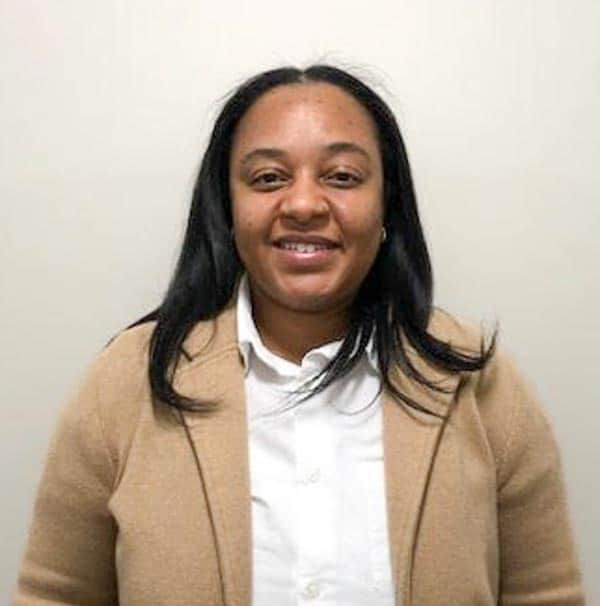
Reviewed for accuracy by:
Jasmine Billups
LPC-S
Jasmine has worked in the mental health field for over 18 years. She earned her B.A. in Psychology with a Minor in Child and Family Relations from North Carolina Central University, and her M.A. in Mental Health Counseling from Argosy University. Jasmine is a Licensed Professional Counselor Supervisor and has specialized in addiction for over 10 years.


